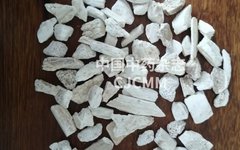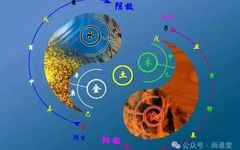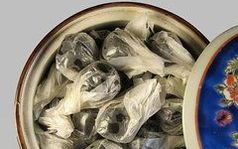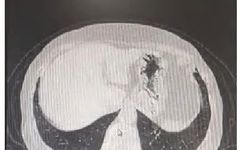Li Fangli: Harmonizing Yin and Yang, Treating Body and Spirit Together, Strengthening the Foundation to Prevent Disease
Theme of This Issue Li Fangli, Director of the Preventive Medicine Department at Shenzhen Hospital of Beijing University of Chinese Medicine (Longgang), advocates for “harmonizing Yin and Yang, treating body and spirit together, and strengthening the foundation to prevent disease,” emphasizing a human-centered approach and the unity of heaven and humanity, which refers to the … Read more










